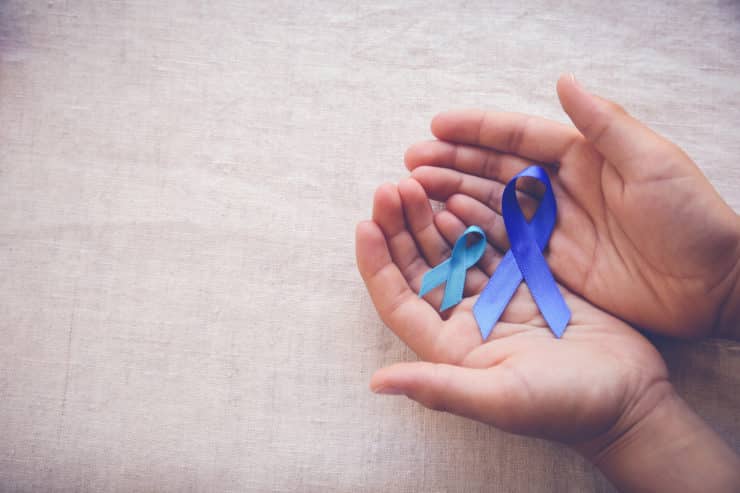FAQ
Adult Survivors of Sexual Abuse Seek Compensation
The State of New York has enacted the Adult Survivors Act (ASA) allowing adult sexual abuse survivors to file lawsuits against their abusers, even where the statutes of limitations have already expired. The act was signed into law on May 24, 2022, by New York Gov. Kathy Hochul and will allow a 12-month “revival” window for adult survivors to seek compensation starting 6 months from the signing date.
Starting November 24, 2022, adult survivors of sexual abuse are able to file lawsuits for a period of one year against their abuser and other responsible parties, such as institutions, organizations, and employers who failed to protect victims.
*The 12-month filing window will close on November 24, 2023.*
Adult Survivors Act Extends Time to Seek Justice
New York’s Adult Survivors Act, signed into law in May 2022, is similar to an earlier NY law that permitted child victims of sexual abuse to file a lawsuit even though the statute of limitations had expired. However, that law only applied to victims who were minors at the time of their abuse. In contrast, the ASA specifically applies to people who were over the age of 18 at the time of their abuse and provides them with the opportunity to file lawsuits against their abusers and those who may have enabled or failed to stop the abuse. Other responsible parties may include institutions, employers, and other organizations.
Various other states have already addressed both child and adult victims, but until the passage of the ASA, New York adult survivors of sexual abuse were left waiting for justice.
Survivors of Adult Sexual Abuse
The trauma of adult sexual abuse may leave lifelong scars and create challenges that persist for long periods of time. Survivors of adult sexual abuse may face depression, anxiety, and feelings of guilt and shame, and may develop severe or chronic mental health problems, substance abuse disorders, and suicidal thoughts or actions.
Survivors of adult sexual abuse may be embarrassed, fear retribution or fear they will not be believed and may be reluctant to come forward. In some cases, survivors may find that they have suppressed memories and may not be aware of the depth of their trauma.
Adult sexual abuse is not just limited to “rape.” It may also include:
- Sexual harassment
- Unwanted physical touching with or without clothes
- Lewd gestures or comments
- Provision of drugs or alcohol to encourage sexual behavior
- Unwanted exposure to pornographic images or videos
- Sexual assault
- Threats of harm to demand compliance
- Threats of harm to hide abuse
In addition to survivors’ reluctance or inability to come forward, some survivors may experience complications when abuse is reported. If a supervisor, leader, employer, or other responsible party refuses to acknowledge or respond to reports of sexual misconduct, shames or denigrates the victim, or otherwise fails to act, they and the organization may also be responsible for the abuse.
